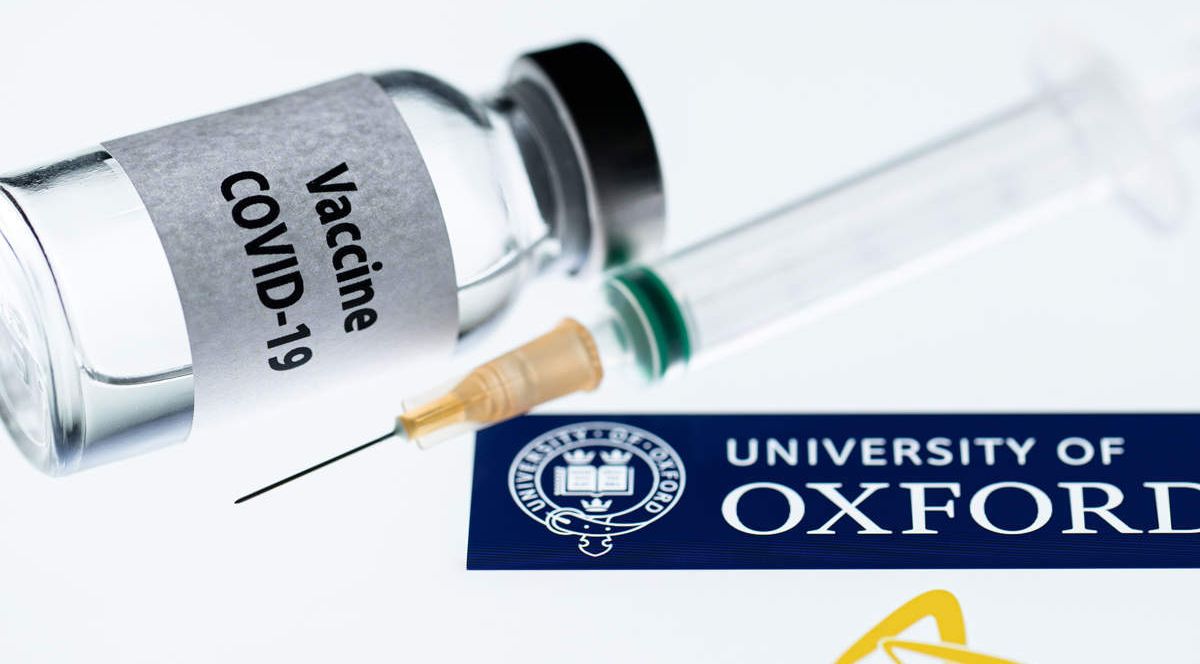Abu Dhabi has become the first to receive AstraZeneca’s AZD7442 medication developed to protect immunocompromised patients against the COVID-19 virus. The achievement is seen as a major support to the ongoing efforts to combat the COVID-19 pandemic and protect all community members in the capital city.
Recently, the Department of Health – Abu Dhabi collaborated with Rafed, the UAE’s primary group purchasing organisation (GPO) for the supply chain of essential medical equipment, to procure the AstraZeneca medication in the local market of Abu Dhabi.
According to a statement made by the entities, the new-developed, innovative medication is aimed at preventing severe COVID-19 infection and death in non-vaccinated high-risk patients.
The partnership between Abu Dhabi-DoH and Rafed has come in line with the ongoing national efforts to curb the spread of COVID-19. Furthermore, the UAE is among the first countries to receive the antibody medication for immunocompromised patients.
What is AZD7442?
AZD7442 is a combination of two long-acting antibodies – tixagevimab (AZD8895) and cilgavimab (AZD1061). It is derived from B-cells donated by convalescent patients after the SARS-CoV-2 virus.
Since the onset of the COVID-19 pandemic in the world, Abu Dhabi has been leading a successfully effective human-centred response. Abu Dhabi's proactive actions have been based on partnerships between leading local and international pharmaceutical companies to enhance the fight against COVID-19.
To ensure effective and efficient management of the procurement and delivery of the AZD7442 drug, the Department of Health has established a seamless supply chain process through the help of Rafed. This supply chain process will enhance the procurement, storage, and distribution of the AstraZeneca medication through the Rafed Distribution Center, the largest facility specialised in cold storage in the region.
As soon as the AZD7442 medication will be made available in the local market, it will provide a primary solution to the healthcare sector to fight COVID-19 as well as ensure the health and safety of all community members, regardless of their medical condition.
Speaking about the development, Dr. Jamal Mohammed Alkaabi, Undersecretary of the Department of Health – Abu Dhabi, stated that the UAE continues to showcase unprecedented leadership, with Abu Dhabi at its core, to carry out a human-centred response against COVID-19. He hailed the public-private partnership behind AZD7442, the world’s first long-acting antibody Covid-19 medication, as yet another example of the UAE’s successful pandemic response.
“This medication will protect immunocompromised patients who could not receive the vaccine due to medical reasons and limiting autoimmune disorders. The UAE will continue to act as a catalyst for change by leveraging collaborations, both regionally and internationally,” Dr. Al Kaabi added.
Rafed CEO Rashed Al Qubaisi affirmed that Rafed is using its strategic logistics partner network to establish an infrastructure to strengthen a streamlined distribution of the medication across the UAE and potentially the Middle East & Africa.
After the signing of the agreement, a declaration was made by DoH and AstraZeneca to collaborate in other key areas such as innovation, clinical research, real-world evidence generation, digital health to amplify the global positioning of Abu Dhabi as a life science hub.
According to London-based analytics consortium, Deep Knowledge Group (DKG), Abu Dhabi has been ranked one of the top cities in the world in terms of its proactive response against COVID-19. This recognition was facilitated by Abu Dhabi's successful and coordinated efforts to combat the COVID-19 pandemic.
Besides Sotrovimab and AZD7442, RAK Hospital introduced the antibody treatment Bamlanivimab in February 2021. It is designed for mild to moderate symptoms in Covid-positive adults who are yet not hospitalised but are at high risk of developing severe complications due to the illness.
 AR
AR UR
UR
